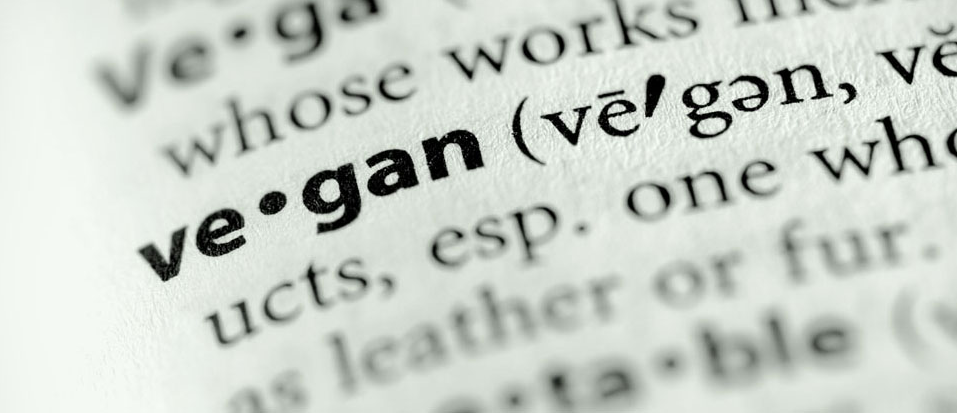Being a vegan and not eating animals is not a modern concept. All throughout history, humans have made choices to not eat animals. While today many people choose a vegan diet for health reasons, the origins of the diet are actually rooted in ethical debate. The question is: is it okay to breed and raise animals for food, and during their life to keep these animals confined and feed them foods that are not a part of their natural diet? This is a big question and many people who are opposed to veganism will say that animals are not intelligent and do not know the difference, which vegans believe to be incorrect. As vegans, we choose to use our power and control of the planet in a way that does not exploit animals that live here with us.
Archeological evidence shows that people in ancient civilizations chose to not eat animals. Around 500BC the Greek poet Pythagoras followed what could be described as a vegan diet and wrote about practicing kindness to all species. Buddha was also promoting a vegetarian diet at the same time. During the 1800’s Percy Bysshe Shelley and Dr. William lamb developed an early concept of ethical veganism by publicly objecting the consumption of dairy and eggs.
The term Vegan was coined by a branch out group of a Vegetarian Society in England. The group was choosing a non-dairy vegetarian lifestyle and became the Vegan Society . Since then, the definition of Vegan, by the Vegan Society has been as follows: ‘a philosophy and way of living which seeks to exclude—as far as is possible and practicable—all forms of exploitation of, and cruelty to, animals for food, clothing or any other purpose; and by extension, promotes the development and use of animal-free alternatives for the benefit of humans, animals and the environment. In dietary terms it denotes the practice of dispensing with all products derived wholly or partly from animals.’
Since the development of the term and definition of Vegan, veganism has been a hotly debated topic. In modern times a vegan diet has been embraced as a way to live a more consciously compassionate life, and as a way to lose weight, regain health and increase vigor. Modern vegans not only protest animal cruelty in industrial feedlots but also in other forms such as hunting, trapping and fishing.
Additionally they advocate for the environment. Advocates of the diet hold true to their ethical convictions and the amazing health and increased energy they feel on the diet. Vegan foods have evolved over time from simple salads and vegetable dishes to gourmet foods. Due to advances in nutritional science, vegans have debunked the myth that a vegan diet cannot meet nutritional needs. As more people become of aware of the diet, there is a modern global movement to treat animals with respect and more people are choosing a vegan lifestyle every day.

